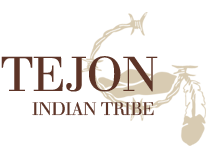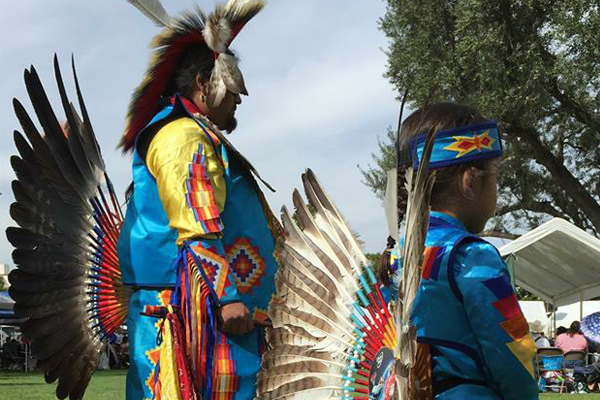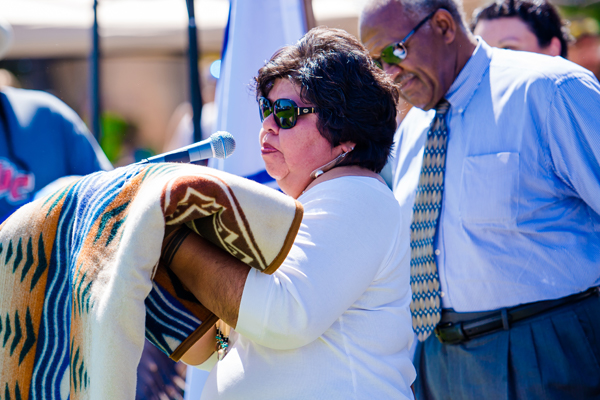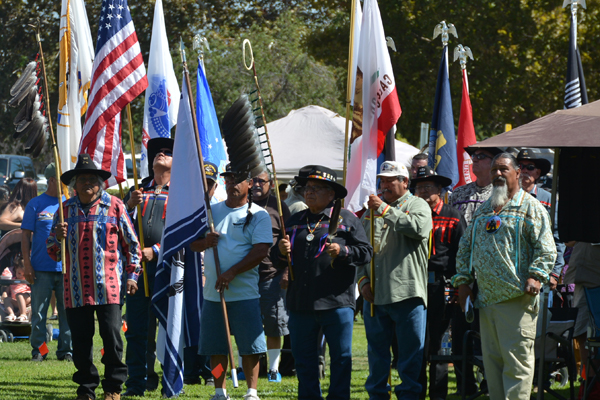As of January 2022, there are 1,250 members enrolled in the Tejon Tribe, a vast majority residing in in Kern County, many life-long residents in the Bakersfield area.
Our Tribe went underserved for decades, many of our people are underprivileged, and have been for generations. Our push for federal re-affirmation was driven in great part to help our tribal members with the challenges they face.
We are now focused on strengthening and empowering our Tribe through health care, education, quality housing, and economic development.
Eligibility for membership in the Tejon Indian Tribe requires direct descent from the documented membership of the historic “El Tejon Band,” which is the Bureau of Indian Affairs 1915 census of Tejon tribal members. It listed 81 tribal members. The Tribe also uses the “California Indian Roll,” which was prepared in 1933 by the Department of the Interior at the direction of Congress.
Today, all members of the modern Tejon Indian Tribe easily trace our ancestry back to tribal members identified on the 1915 census by the Bureau of Indian Affairs and the 1933 California Indian Roll.
The Tejon Indian people are of the Kitanemuk nation, we lived at the most Southern tip of the San Joaquin Valley as well as the Tehachapi mountains. We share bloodlines with tribes of the region, including bands of the Chumash, Tataviam, Tubatulabal, Paiute, and Yokuts.
Tejon tribal members, past and present, have seen many changes to our traditional lives and lands over the years, however, maintaining our heritage by passing down teachings generation to generation will assure that our Kitanemuk history and ways remain forever.
In this present time, we find Tribal members serving as elected council members, tribal committee members, and tribal volunteers, each of these positions assisting our tribal government in its ability to function and govern as a sovereign nation.
Tribal sovereignty describes the existence of a government-to-government relationship with the United States. The federal government has a trust responsibility to protect tribal lands, assets, resources and treaty rights.
Tribal members have the same rights to vote and hold public office just as all other U.S. citizens do, and we have the same obligations for military service as other U.S. citizens.
Tejon Indian men and woman have fought and served with honor on behalf of the United States in many wars.
Our Tribal members are also active in many local community organizations and non-profits, such as the Kern Economic Development Corporation, Greater Bakersfield Chamber of Commerce, and Kern County Hispanic Chamber of Commerce.
Tribal members also have careers in many professions; we are local business owners, farmers, cooks, laborers, and homemakers.
Today, as in the past, education, the family circle, and traditional ceremonies are important aspects of our Tejon Tribe culture and daily lives. Tribal meetings and other sacred and traditional gatherings take place in Bakersfield and on the aboriginal homeland of the Tejon Tribe in the Tejon Canyon.
Tejon Tribal members held our first annual Pow Wow at California State University, Bakersfield, in September of 2015 to honor our ancestors and share Native American culture with the community. Our Tribe’s Pow Wow is held on the weekend that Californian Indian Day is celebrated which is every fourth Friday in September. Pow Wows are held regionally throughout the Nation to share Native singing and dancing as well as other cultural customs according to where or who is hosting the Pow Wow. While Pow Wow did not originate in California, Californian Indian Tribes held gatherings, ‘fiestas’ and ceremonies – some lasting for over weeks at a time. Pow Wow begins with a Grand Entry, leading the dancers into the arena is an Eagle Staff, nations’ flags are ceremoniously carried in the dancing arena, an opening prayer and songs follow. Pow Wows can be competition or non-competition based, there are different dance styles and age categories exhibited throughout the event for dancers to compete or exhibition in. The youth of Tejon are learning dance and song through a class devoted to cultural teachings.
Our Tribe’s future vision of creating a cultural center to share our rich history and our Tribe’s cultural revitalization, will be an exciting endeavor to bring to the community.
Currently, the Tribe’s cultural work involves the reclamation of the Kitanemuk language. The language itself is called Kitanemuic, efforts to learn Kitanemuic by tribal members began in 2010. Our language had not been spoken since 1940. Kitanemuic was a ‘sleeping’ language, not extinct, but sleeping, waiting to be picked up again. With no living language speakers, tribal members learned from the few remaining written records of Kitanemuic, as we have yet to discover any oral record of Kitanemuic. Kitanemuic belongs to the Uto Aztecan language family, under the Takic branch, and shares the phonetic sounds similar to the Serrano language. Meeting weekly, the Tribe received the assistance of a Native American linguist who guided our tribal members through the language learning process. Efforts to reclaim Kitanemuic so that we can talk again; talk, sing, and pray in our ancestral language continue.
Although the Tribe has no communal land, Tejon members gather monthly for tribal membership meetings and attend annual gatherings and ceremonies, including an annual ceremony to honor those who have passed on. We take great care to maintain upkeep for our traditional cemetery in Tejon Canyon in southeast Kern County, as it is the final resting place of our ancestors.
Click through our photo gallery above.







